JPMorgan Chase CEO Jamie Dimon issues a massive warning to the US that its economy could become “far more uncomfortable” if a certain trend continues.
The billionaire banker pointed out the nation’s response to the COVID-19 pandemic triggered the current period of rapid interest rates, stimulus programs, and tax hikes.
The COVID-19 Problem
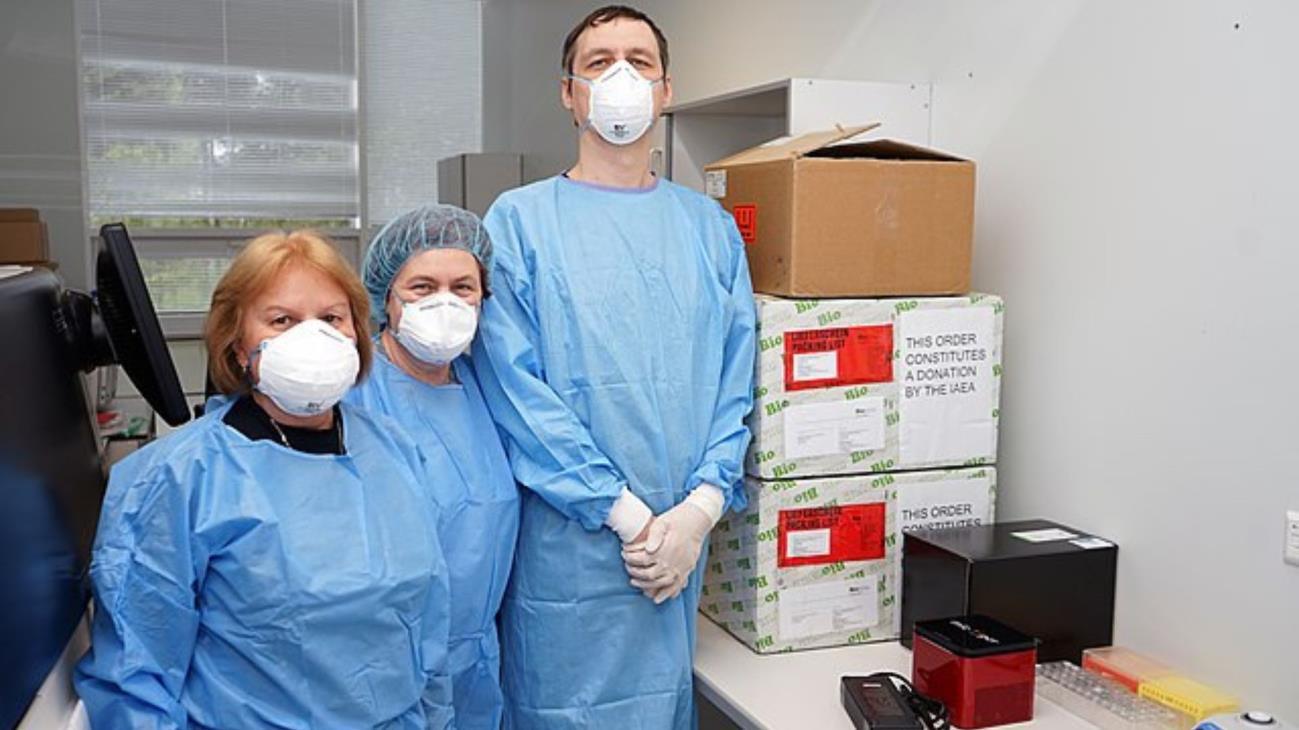
Dimon warns that the US needs to reduce its fiscal deficit sooner, or the issue will become too swollen for the US to deal with on its own.
“America has spent a lot of money. During COVID and after COVID, our deficit is at 6 percent now,” Dimon told Sky News (via Daily Mail). “That’s a lot, but obviously that drives growth.”
The US Deficit
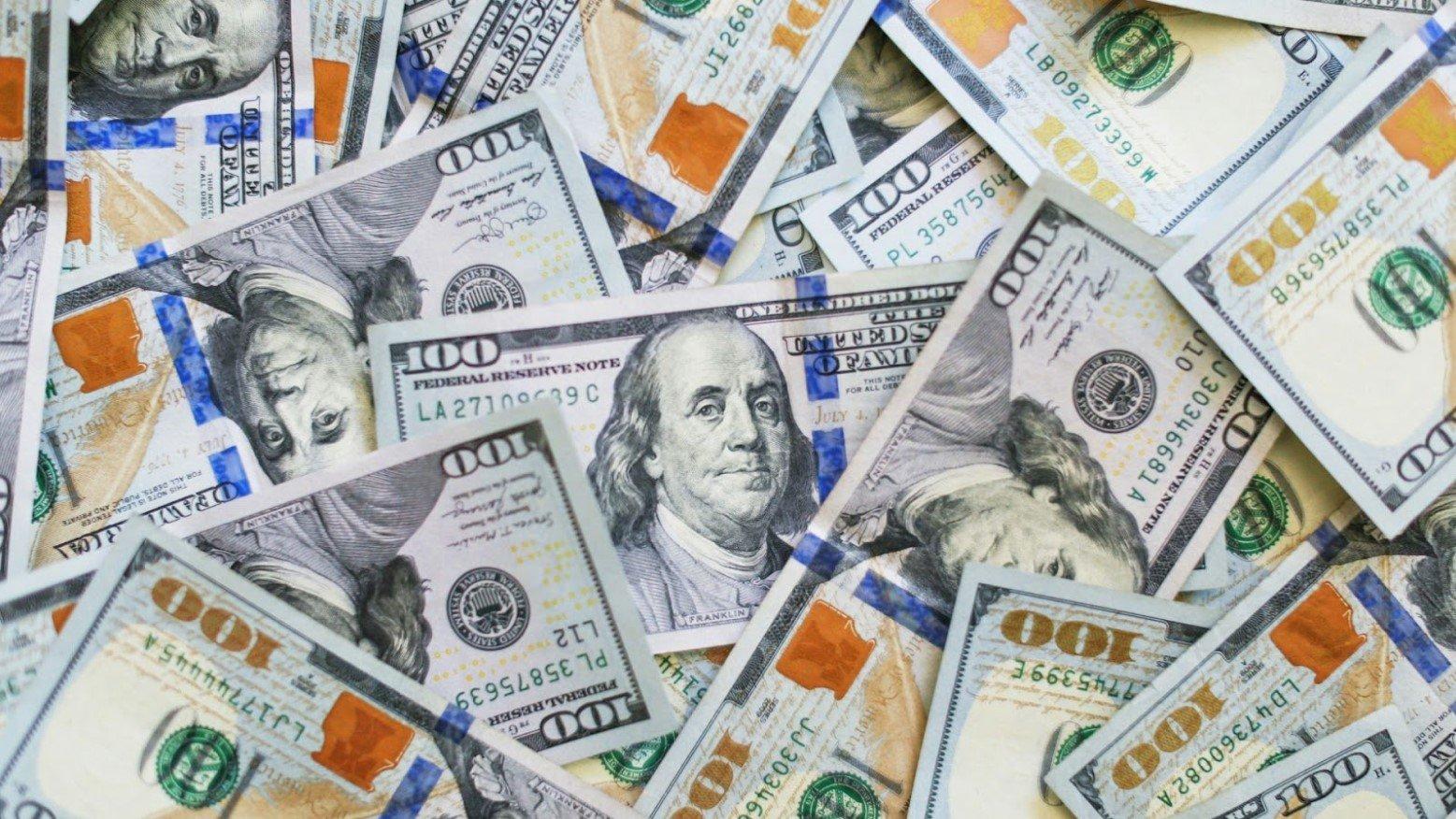
Currently, the US deficit stands at $855 billion, which is $59 billion less when compared to the same period in the last fiscal year, according to the Bipartisan Policy Center.
Dimon says the US government has not counter-corrected its efforts, allowing the deficit to grow out of control.
US May Not Be Headed In a Good Direction
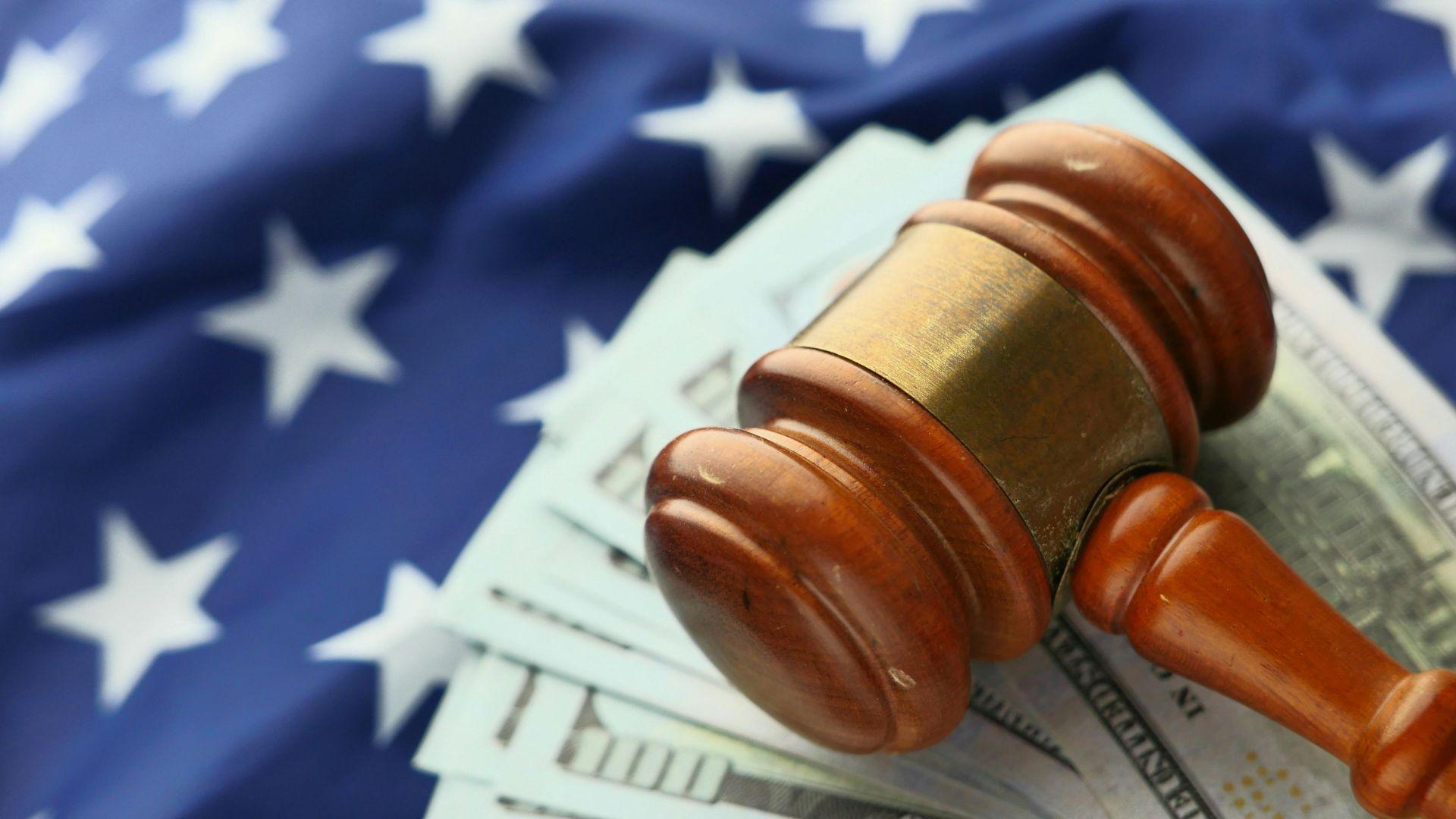
“Any country can borrow money and drive some growth, but that may not always lead to good growth,” Dimon said.
Dimon continued: “So, I think America should be quite aware that we have got to focus on our fiscal deficit issues a little bit more, which is important for the world.”
How the Deficit Skyrocketed

The deficit started skyrocketing during the pandemic, reaching $3.13 trillion in 2020. In 2021, the deficit fell to $2.71 trillion.
Through 2023, the deficit dropped to $1.7 trillion, but Dimon warns that the President Biden administration might need more time to turn the tides in time.
Biden’s Attempts to Decrease the Deficit
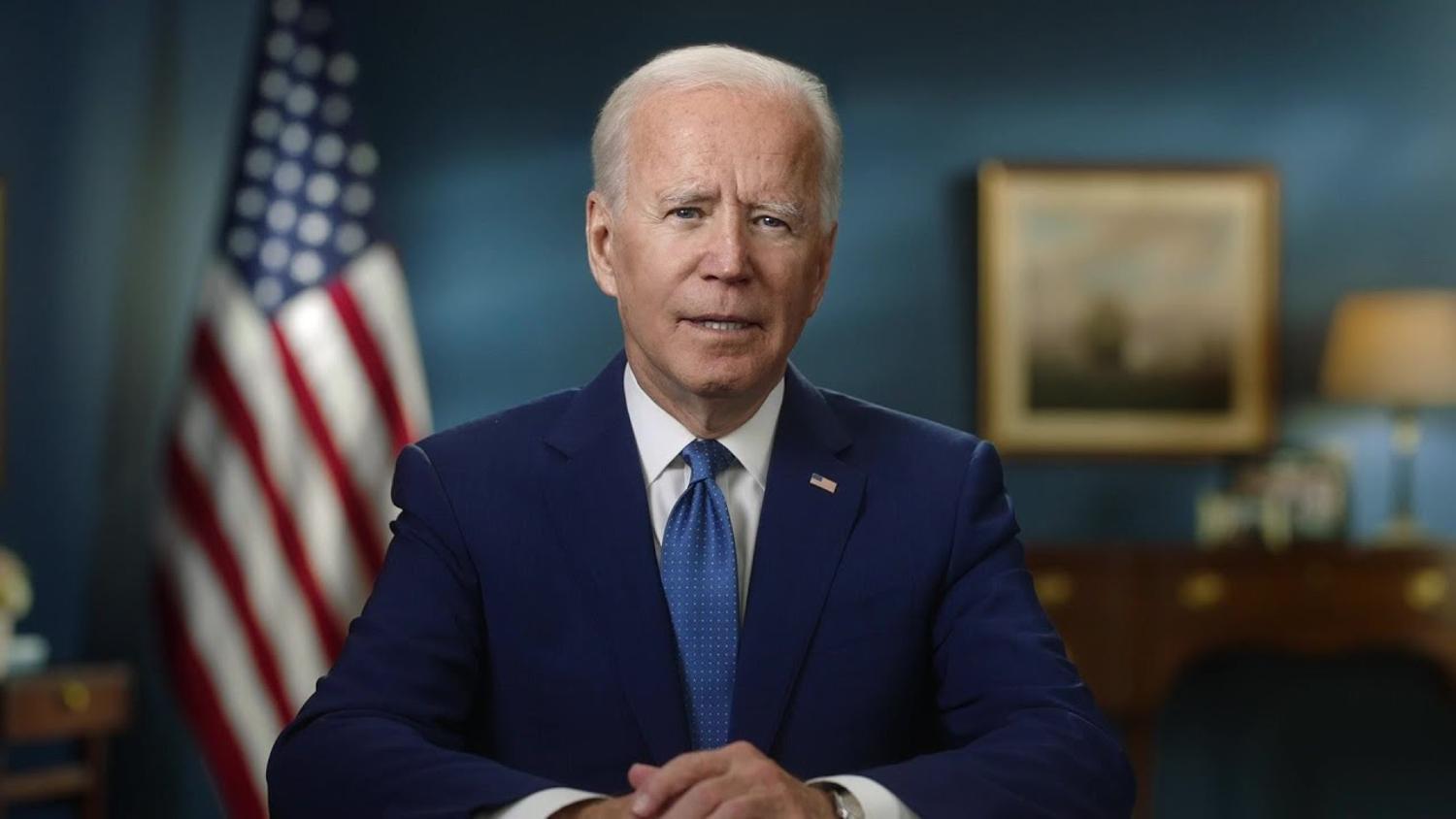
The Biden administration has been attempting to help Americans with new bills like the Inflation Reduction Act. The administration designed these initiatives to stimulate economic growth, curb inflation, and provide relief to those affected by rising costs.
However, Dimon has expressed skepticism about the effectiveness of these measures. He argues that, despite the good intentions behind the new bills, they may need to deliver the desired impact on the economy as President Biden hopes.
Dimon’s Advice
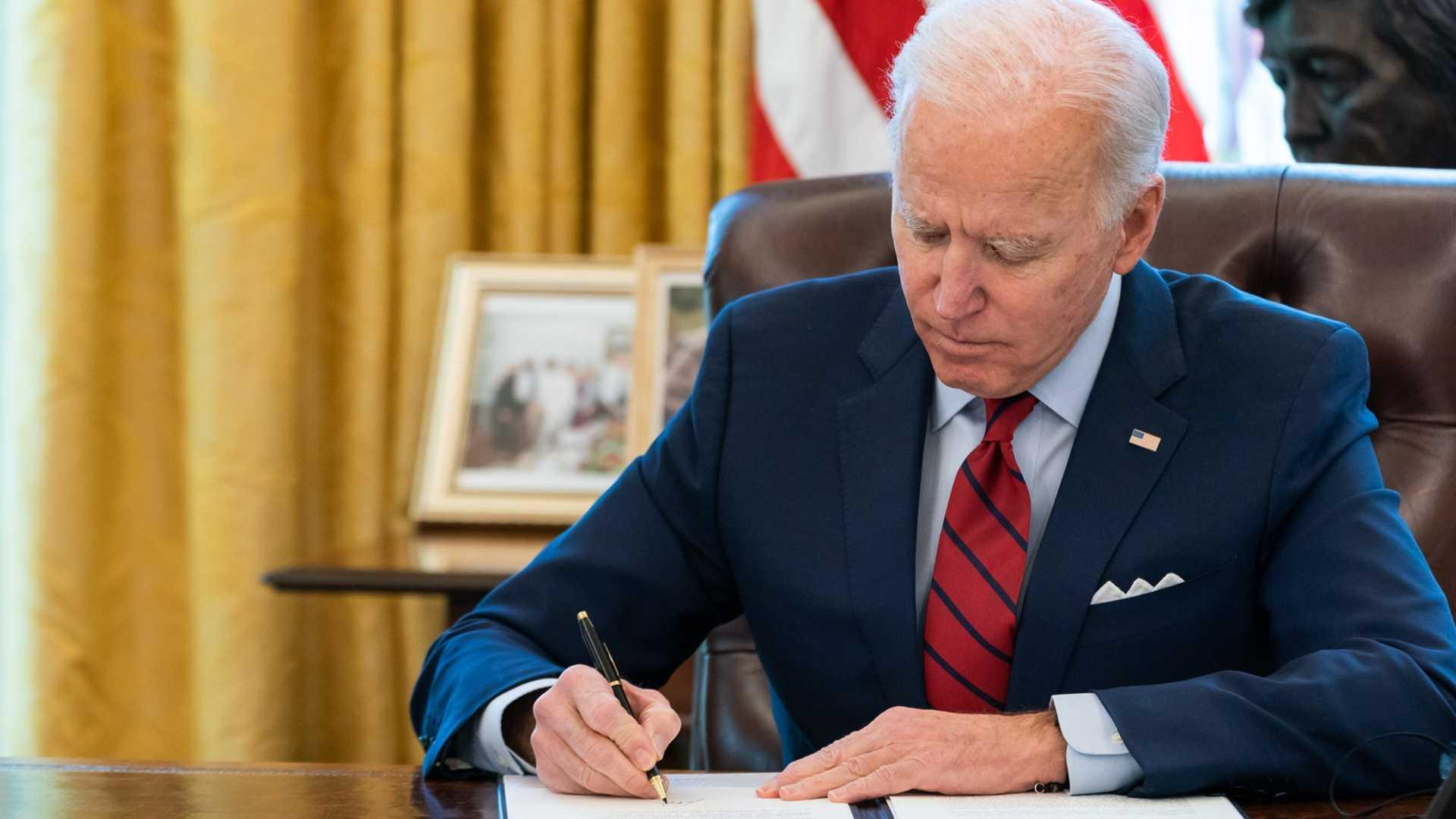
“I think if you want to do a great job in your country, and you have a 6 percent deficit and 100 percent debt to GDP, this can go [on] for a while, but the sooner we focus on it, the better,” Dimon said.
Dimon expressed his hope that Biden will “really focus” on managing the deficit, emphasizing that ignoring the issue could lead to serious consequences. “Eventually, it will become a problem, so why wait?” he remarked.
The Consequence of High Inflation

However, the question of whether or not Americans should brace for economic turmoil is still up for debate.
“I don’t think it’s a big comeuppance and I don’t think it’s the next couple of years, but I think it is why we have higher inflation,” Dimon said.
A Need to Focus
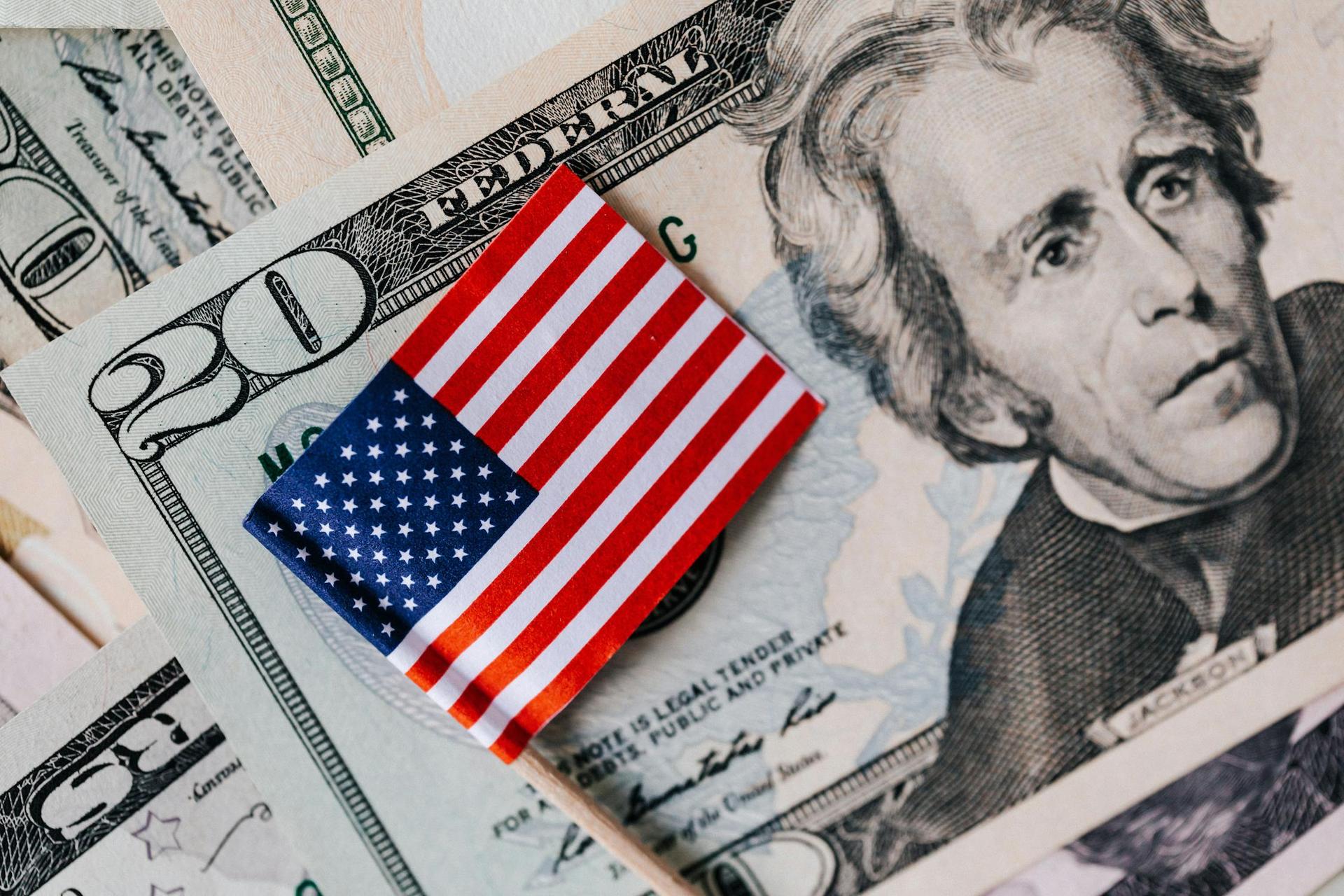
Dimon states that the problem could be caused by a market already in shambles from the previous administration.
“I think if you want to do a great job in your country, and you have a 6 percent deficit and 100 percent debt to GDP, this can go [on] for a while, but the sooner we focus on it, the better,” Dimon said.
Dimon Questions Biden
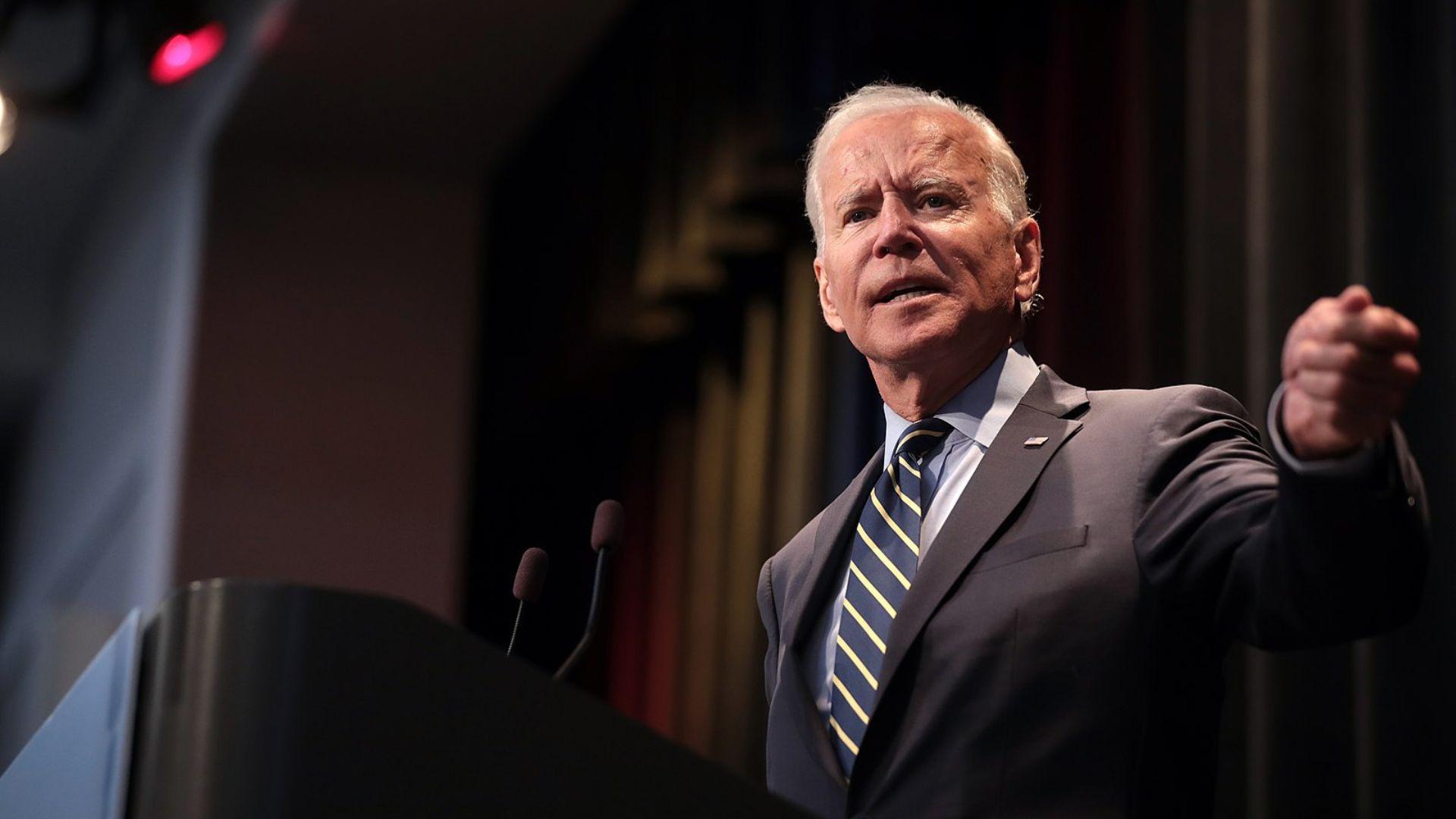
While Biden is attempting to handle the deficit burdening the US, Dimon hopes that Biden “really focuses” on handling it sooner rather than later.
Dimon questions the lack of interest Biden seems to have toward the deficit, saying: “At one point it will cause a problem and why should you wait?”
Why the Deficit Needs to be a Priority
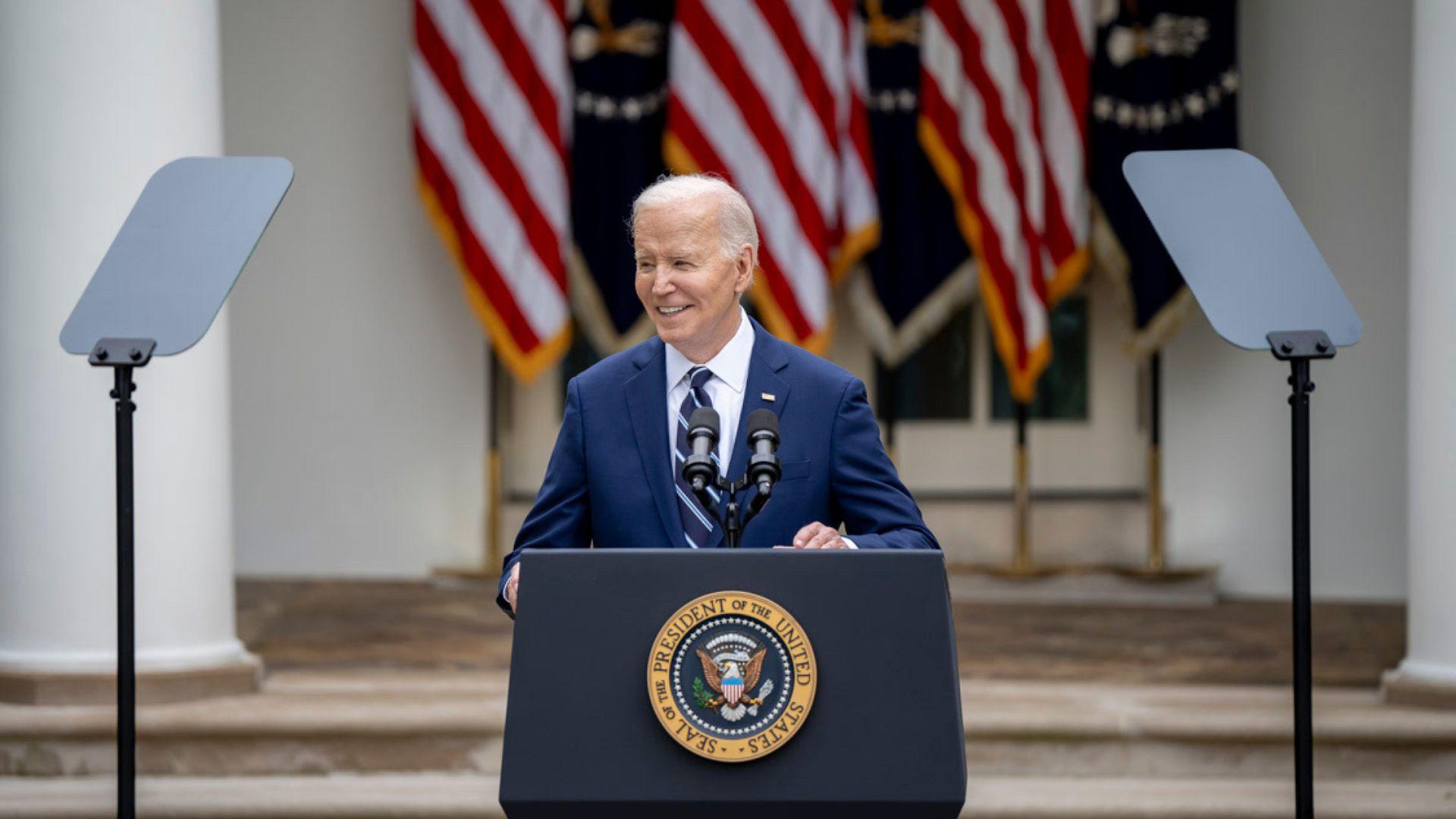
Dimon emphasizes why Biden should prioritize handling the deficit, stating, “The problem will be caused by the market and then you will be forced to deal with it and probably in a far more uncomfortable way than if you dealt with it to start.”
The White House reports that Biden has reduced the deficit by $1.7 trillion, marking the largest decline in American history. However, the administration needs to quickly improve this progress to better support Americans and strengthen the economy.
Dimon’s Controversy
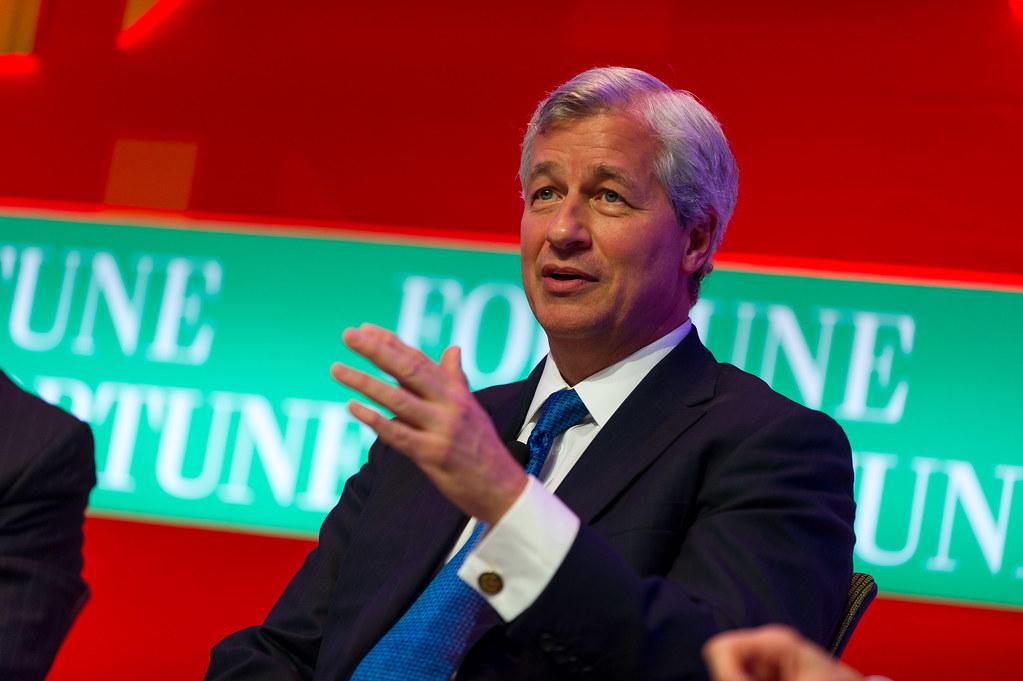
Dimon was once rumored to be a potential candidate for former President Trump’s Treasury Secretary. He suggested that Democrats should be “more respectful” of Trump’s supporters and acknowledged that the former president was “kind of right” about several controversial issues.
However, when asked if his political commentary indicated a desire to secure a role in the cabinet, Dimon firmly denied this, stating it was “absolutely not” the case. Despite praising Trump on certain matters, Dimon clarified that personal ambition for a government position did not motivate his political remarks.
Impact of Rising Interest Rates on Consumer Spending
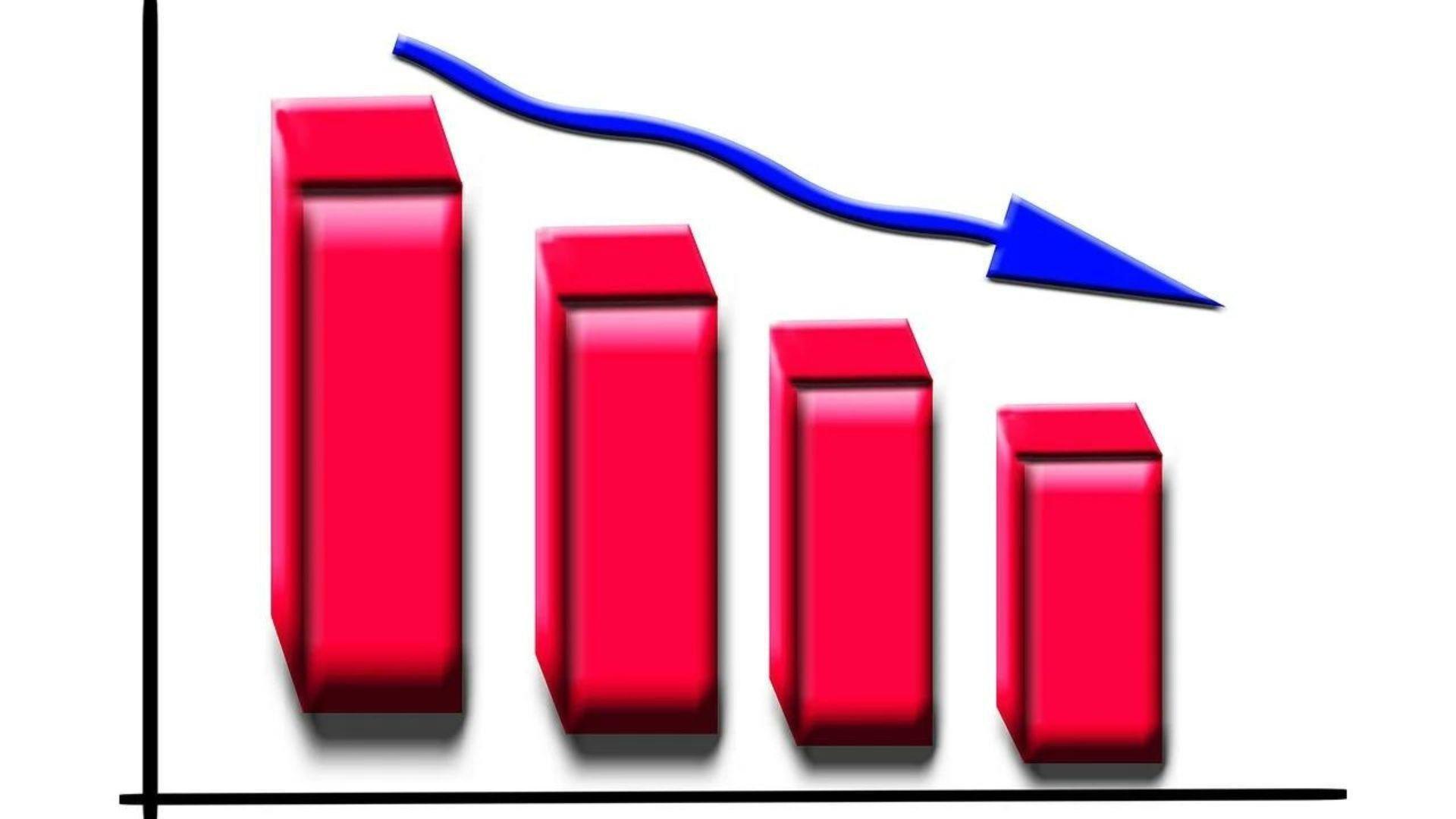
Persistent inflation and potential rate hikes could significantly dampen consumer spending. Higher interest rates mean more expensive loans and credit, leading consumers to cut back on discretionary purchases.
This reduction in spending can slow economic growth, affecting everything from retail sales to the housing market. Businesses may also delay investments due to higher borrowing costs, further slowing economic activity.
Business Investment Challenges

As borrowing costs rise, small and medium-sized enterprises (SMEs) face increased challenges in securing affordable financing. Higher interest rates can limit their ability to expand operations, invest in new technologies, or hire additional staff.
This environment fosters caution among businesses, potentially leading to slower innovation and economic stagnation.
Global Economic Implications
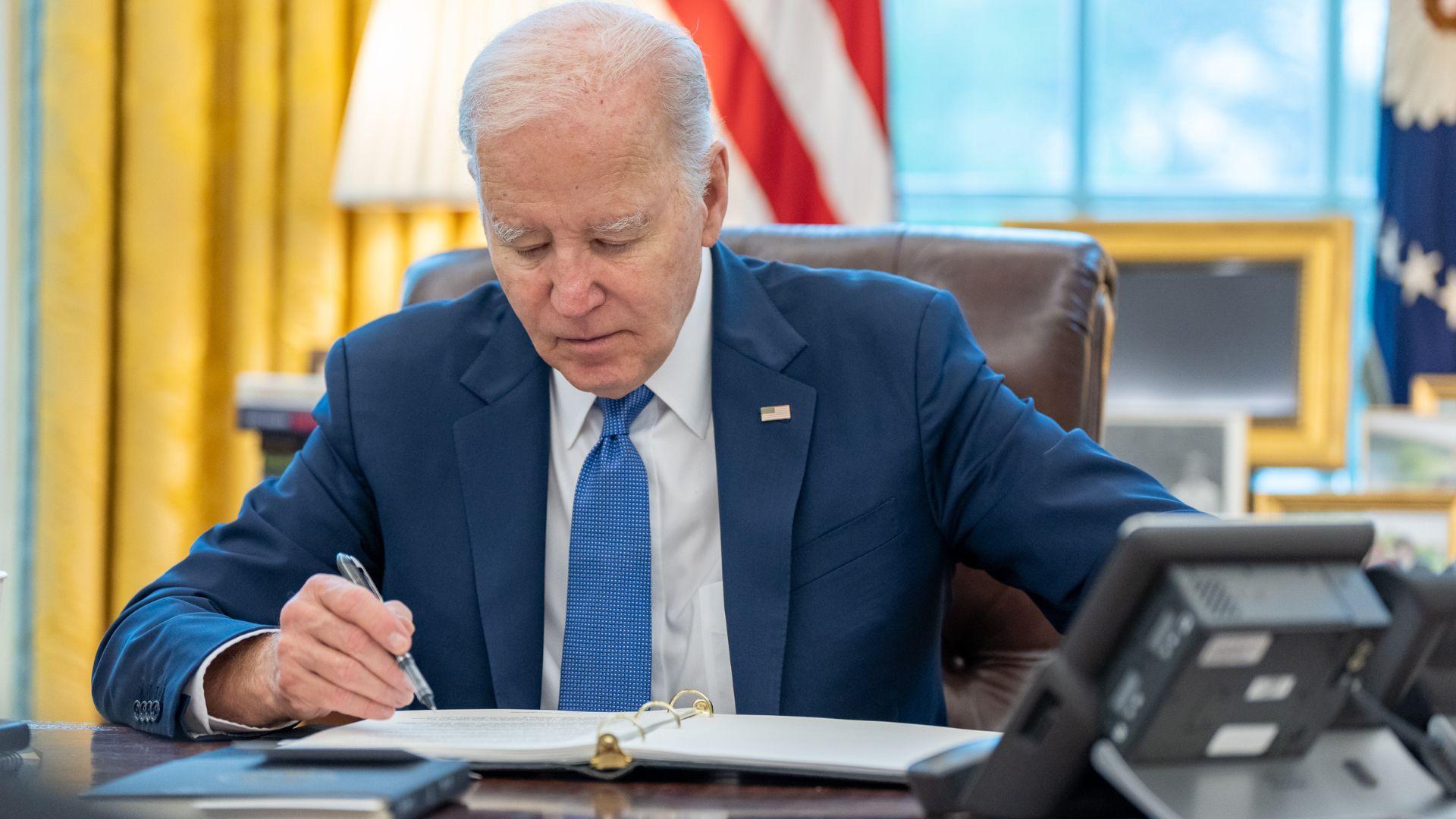
The U.S. fiscal deficit and inflation trends have far-reaching global implications. Countries with strong trade ties to the U.S. may experience economic ripple effects, impacting their growth and stability.
International investors might also shift their portfolios in response to U.S. fiscal policies, influencing global capital flows. As the world’s largest economy, U.S. economic health is crucial to global economic stability.
Lessons from Historical Economic Downturns
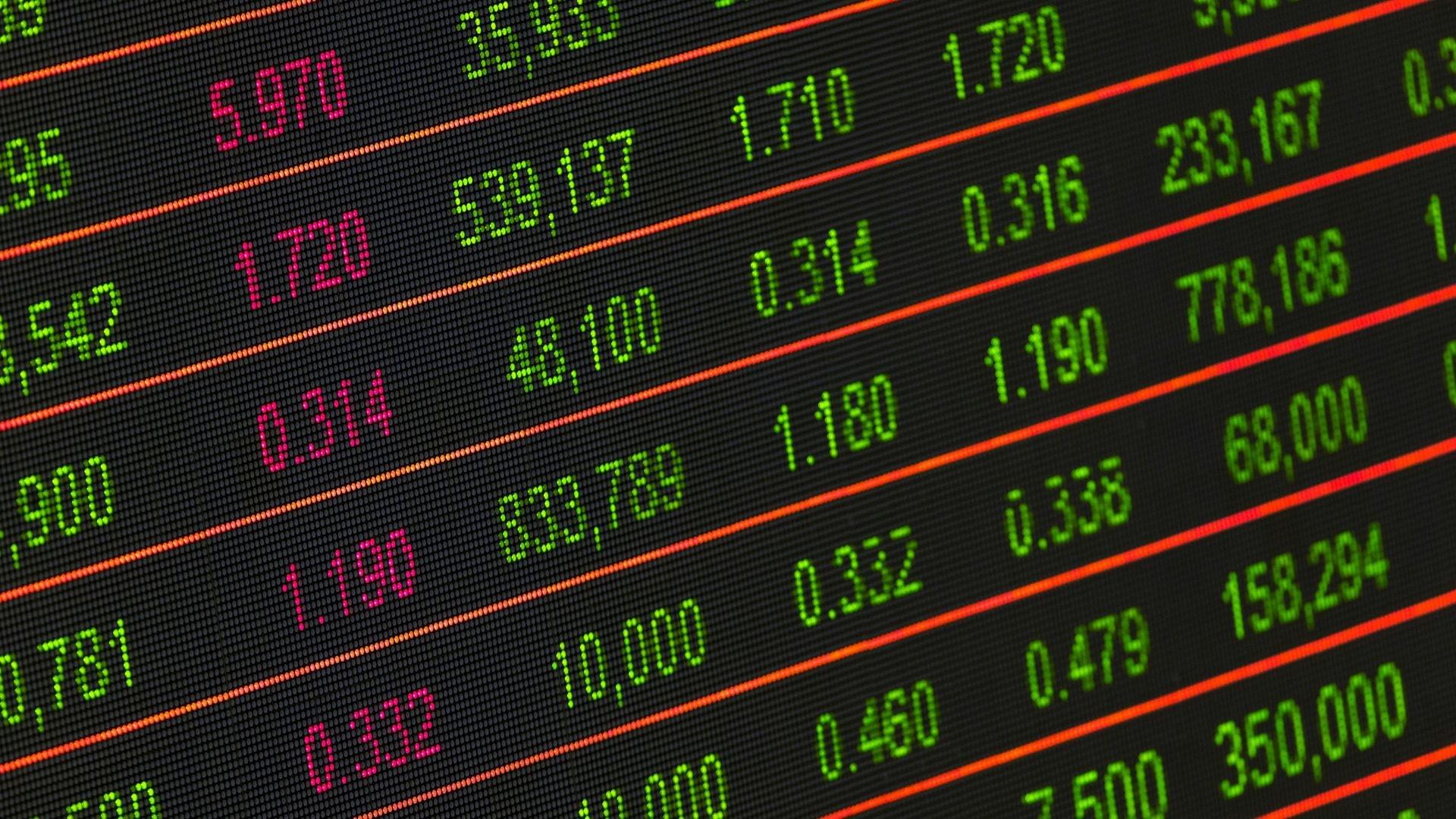
Historical economic downturns offer valuable lessons for today’s challenges. The Great Depression and the 2008 financial crisis highlight the importance of timely, decisive policy responses.
Both periods saw severe economic contractions but also demonstrated resilience and recovery through innovative policy measures.
Policy Recommendations
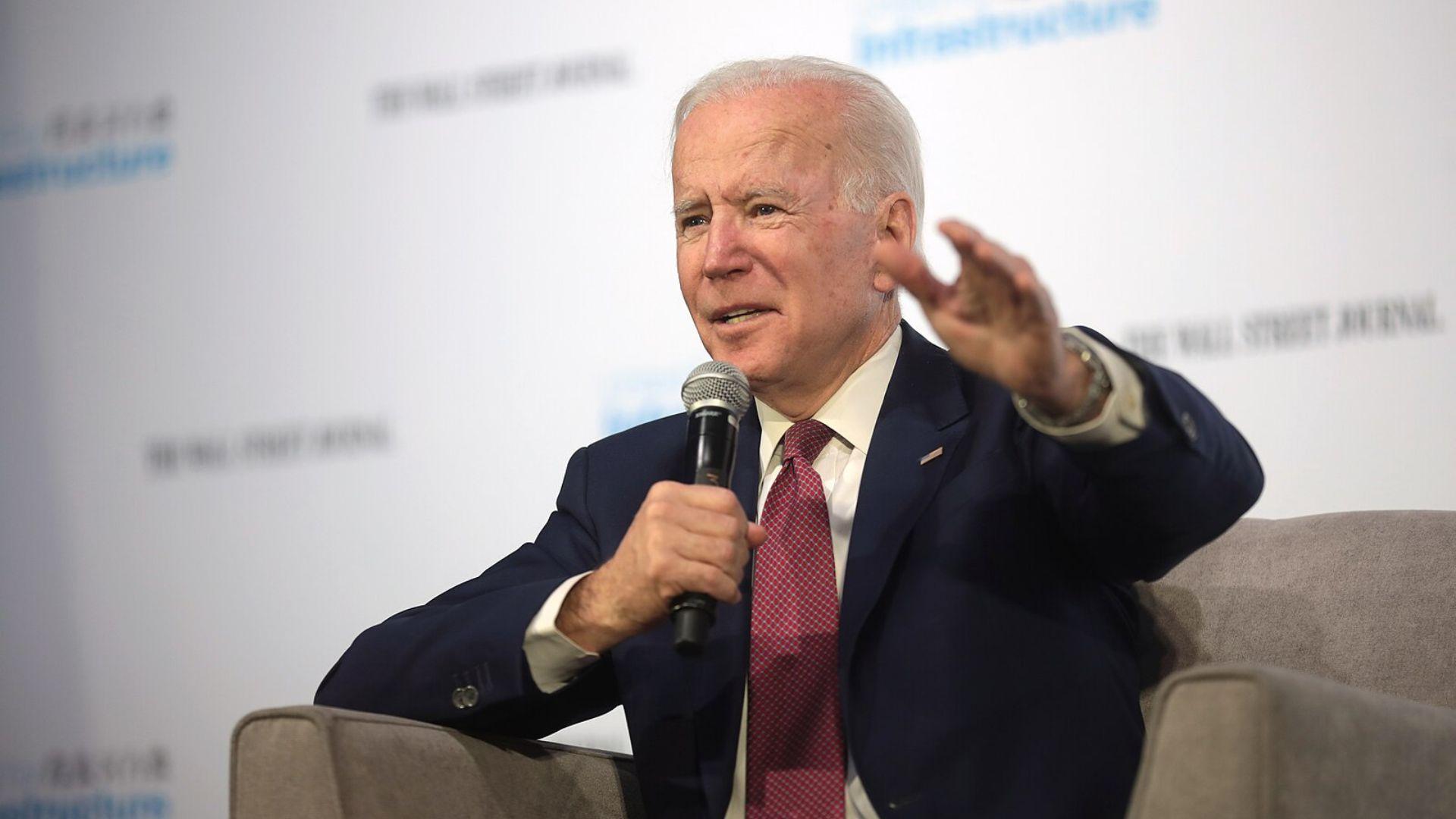
Addressing the fiscal deficit and inflation requires a multifaceted approach. Experts recommend targeted fiscal reforms, such as reducing unnecessary spending and increasing efficiency in government programs.
Additionally, tax reforms aimed at broadening the tax base and closing loopholes can boost revenues. Policymakers must carefully balance austerity with growth-stimulating investments to ensure long-term economic stability and prosperity.
Technological Innovation as an Economic Buffer
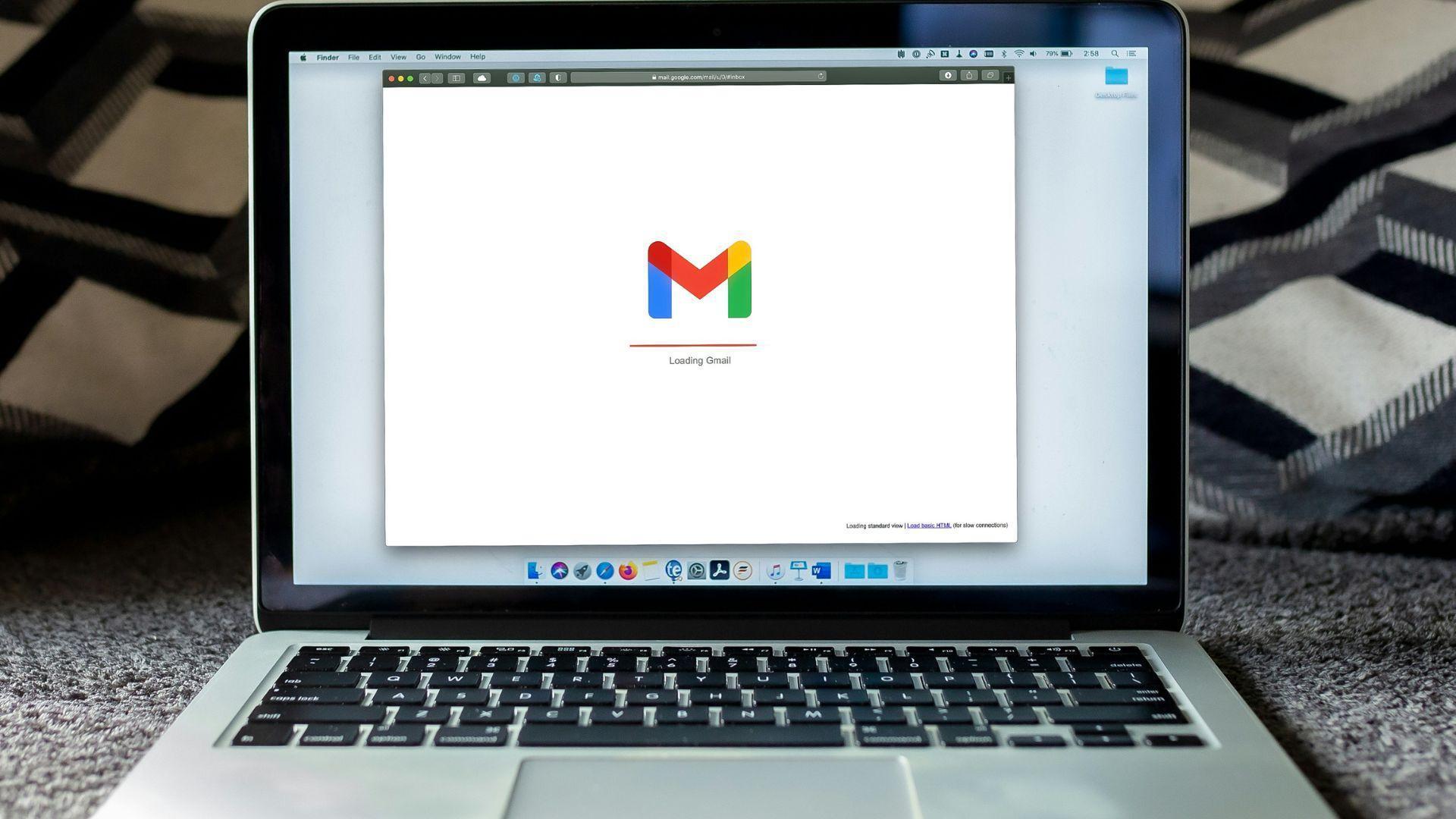
Sectors such as artificial intelligence, renewable energy, and biotechnology have the potential to drive significant economic growth.
Investments in these areas can create high-paying jobs and enhance productivity.
Socioeconomic Impact of Stagflation

Stagflation, characterized by rising inflation and stagnant growth, poses severe socioeconomic risks. Low-income families and vulnerable populations are hit hardest, facing higher living costs and limited job opportunities.
Social safety nets, such as unemployment benefits and food assistance programs, become crucial. Addressing stagflation requires coordinated monetary and fiscal policies to balance inflation control with economic growth.
Federal Reserve’s Role in Economic Stability
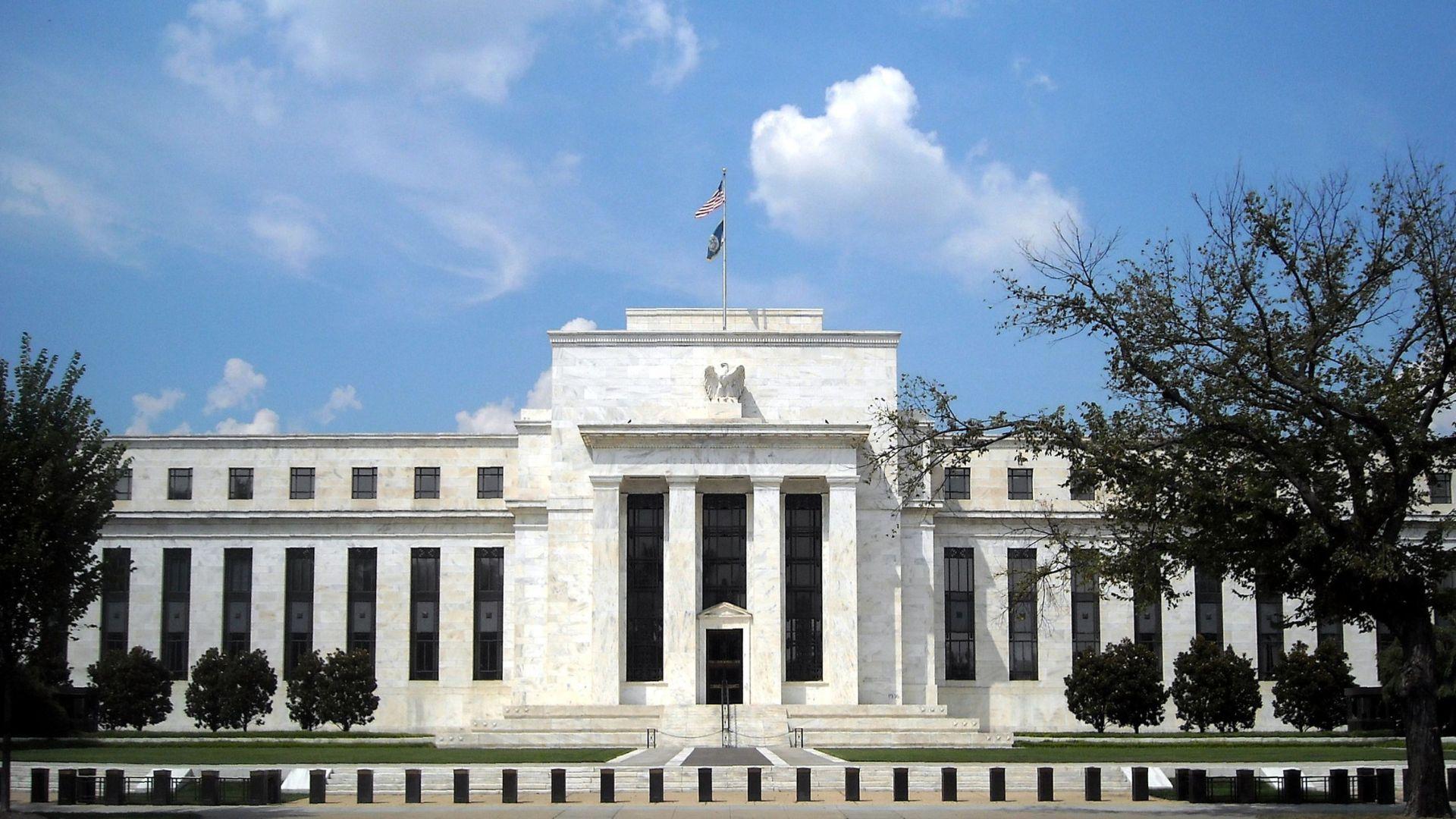
The Federal Reserve plays a critical role in maintaining economic stability. By adjusting interest rates and using other monetary tools, the Fed aims to control inflation and support economic growth.
Its decisions influence borrowing costs, consumer spending, and business investment. A delicate balance is required to avoid exacerbating inflation while fostering a stable economic environment.
Consumer Debt and Financial Health

Rising interest rates impact consumer debt, increasing the cost of mortgages, credit cards, and student loans. This can strain household budgets, reducing disposable income and slowing economic growth.
Financial education programs that enhance consumer awareness of debt management are essential.
Corporate Strategies in Uncertain Times

Major corporations are adapting to economic uncertainties by implementing strategic adjustments. Companies are focusing on cost-cutting measures, optimizing supply chains, and investing in digital transformation to enhance efficiency.
These strategies aim to maintain profitability and competitive advantage despite economic headwinds.
Importance of Economic Education

Economic education is vital for public understanding of fiscal policies and economic changes. Improving financial literacy helps individuals make informed decisions about spending, saving, and investing.
Educational initiatives should target diverse audiences, including students, professionals, and retirees. Enhanced public awareness can lead to more robust civic engagement and support for effective economic policies.
Promoting Financial Literacy

Promoting financial literacy involves creating accessible resources and programs that empower individuals to manage their finances effectively. Schools, community organizations, and government agencies should collaborate to provide comprehensive financial education.
Topics such as budgeting, investing, and retirement planning are crucial. Financially literate citizens are better equipped to navigate economic challenges and contribute to overall economic resilience, which can be especially important during uncertain economic times.

